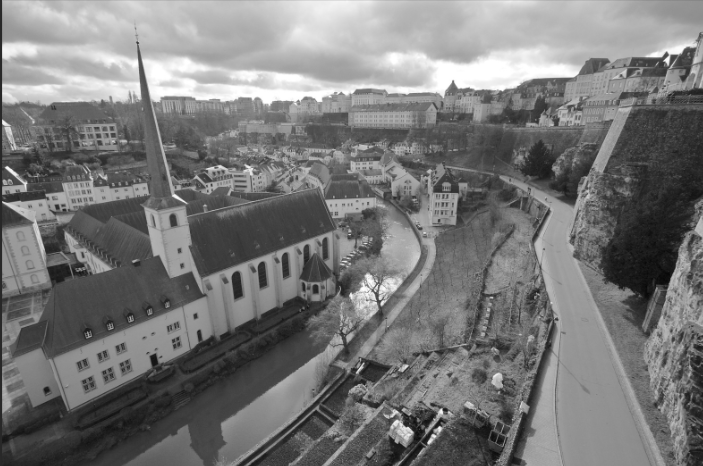The Roaring Twenties in America and France

Prohibition to reduce crime and violence associated with alcohol, World War I left well over 100,000 casualties. Women continued to work blue collar shop jobs first nessitated by war. test
In the wake of World War 1 and teh Spanish Flu, hearelded as ‘return to normalcy’ Novelty and modernity ushered in a Burst of prosperity, new music, new fashion. Jazz age, prohibition, organized crime. America was flush with money with World War I and the spanish flu behind them.
During the twenties the stock market underwent rapid expansion. After a period of wild speculation, in October 1929, the stock market crashed, and America’s invested wealth suddenly lost $26 billion in value. Prosperity had ended. The economic boom and the Jazz Age were over, and America began the period called the Great Depression. Highly dependent on wealth generation of stock market, and with far fewer fatalities from World War 1 and the Spanish Flu, America faced massive unemployment, Exacerbation economic decline.
France emerged from the war with a large government financial obligation to those disabled by the war, to the 600,000 who had been made widows by the war and to more than 750,000 orphans. France endured a staggering toll of an additional 400,000 from the Spanish Flu. France had a major labor shortage in its cities and its farmlands. Millions of acres of farmland had gone out of production.
France longed for joy and light-heartedness. Pre-war values were rejected as people embraced new lifestyles and new technologies, and discovered a lust for extravagance and partying that had the era named Les Années Folles (the Roaring Twenties, or the ‘mad years’). Cars appeared on the roads; picture houses opened, projecting the world’s first silent movies; radios appeared in households; jazz flourished
Depression in 1931, unemployment negligible due to war dead. France was in far stronger position, less reliant on stock market. Resistant to depression, not immune. Government fell in 1934. Very severe decline in economic activity. The depression, though less severe than in the US, lasted longer. Ripple effects eventually also improvished the French government. Political instability and the rise of right wing politics in Germany personified in Hitler caused anxiety.